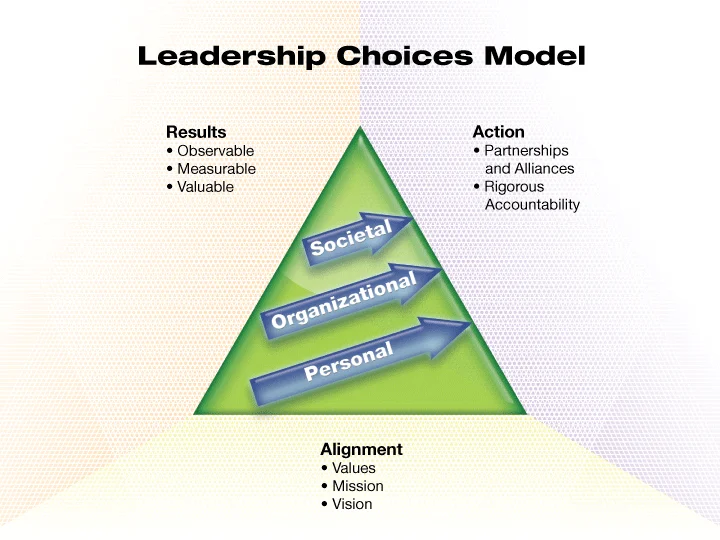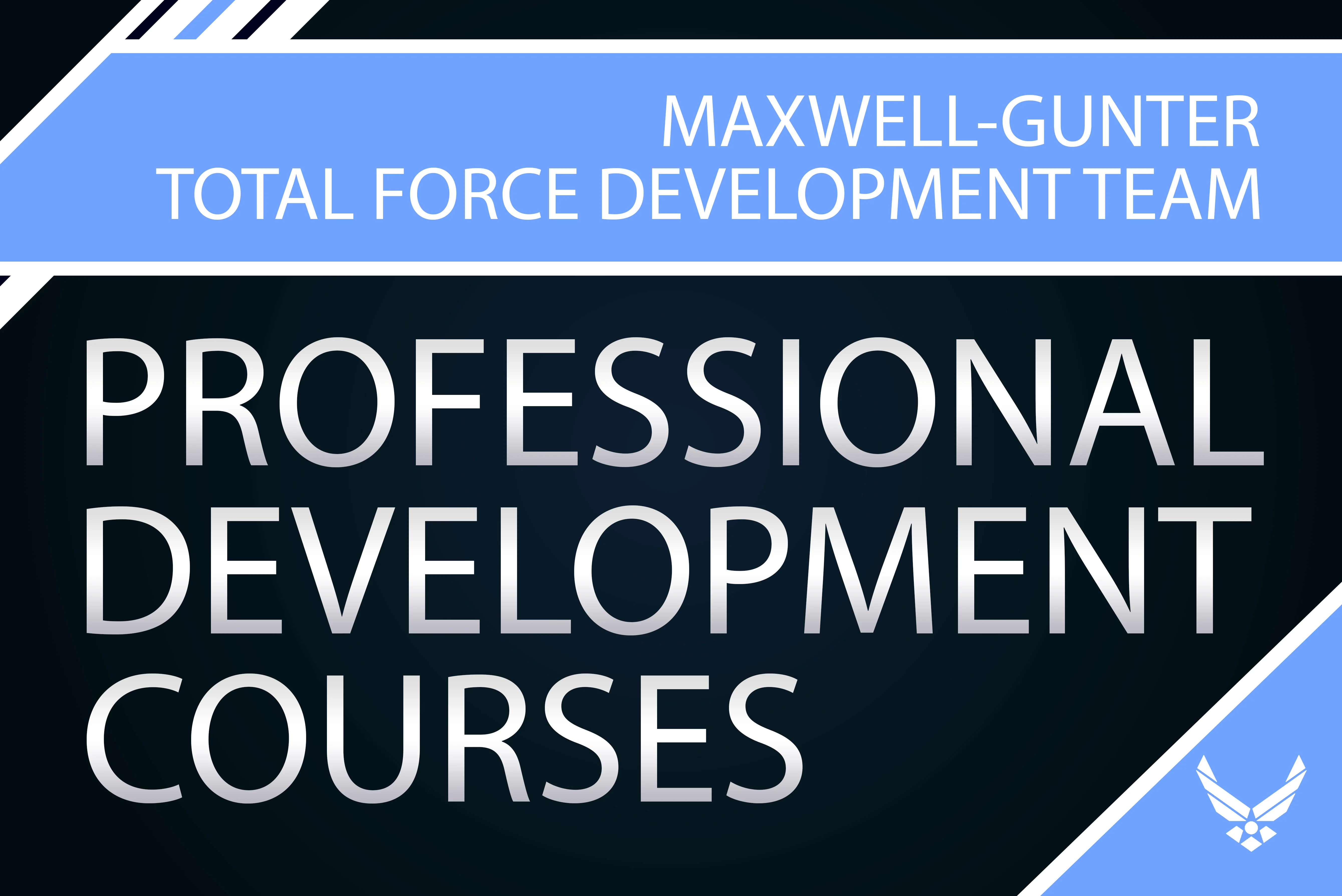
In business, leading well isn't just important—it's essential. Companies that focus on leadership coaching often see team performance jump by 25%. Think of leadership coaching as the key to becoming the manager you want to be. Whether you want to make better decisions, increase your team's productivity, or grow into the leader you dream of being, this guide is here to help. We'll explore how leadership coaching can enhance your management skills and the real benefits it offers organizations. Ready to rethink your leadership style and take your career up a notch? Let's get going!
Step-by-Step Guide to Leadership Coaching for Management Skills Enhancement
Define Coaching Objectives for Leadership Development
Set Specific Leadership Coaching Goals
Leadership coaching begins with setting clear, specific goals that align with both the organization's and the individual's leadership development needs. This process often involves organizational diagnostics to identify which leadership skills require attention and to ensure that coaching efforts align with business objectives. Proaction International highlights the importance of defining these goals to guide the coaching journey. Utilizing frameworks like SMART (Specific, Measurable, Achievable, Relevant, Time-bound) can help sharpen focus for maximum impact.

For instance, if a coachee struggles with team communication, a SMART goal might be to improve meeting effectiveness by reducing meeting times by 20% and increasing team participation by 30% within three months.
Align Leadership Goals with Organizational Objectives
Once individual goals are set, it's crucial to align them with the organization's broader objectives and the coachee's personal leadership growth needs. This alignment ensures that the coaching process supports the organization's mission while fostering personal development.
Conduct Leadership Skills Assessment and Reflection
Use Feedback Tools to Assess Leadership Skills
Understanding the coachee's current skills is essential. This involves conducting organizational diagnostics to create tailored coaching programs and individual diagnostics to build trust and define objectives. Tools such as 360-degree feedback, personality tests, and leadership style inventories provide insights into the coachee’s skills and behaviors. Feedback from peers, subordinates, and supervisors offers a comprehensive view of strengths and areas needing improvement.

Identify Leadership Strengths and Growth Areas
With assessment data in hand, identify the coachee’s strengths and areas for growth. Highlighting strengths can boost confidence, while identifying areas for improvement focuses the coaching. Encourage the coachee in self-reflection exercises, prompting them to consider how to leverage strengths and which skills need work. IMD suggests using open-ended questions to encourage leaders to think deeply about their decisions and challenges, promoting self-awareness and insight.
Foster a Supportive Leadership Coaching Environment
Build Trust and Value Coachee's Insights
Creating a safe and supportive environment is key to effective leadership coaching. Begin by building trust with the coachee, assuring them that their thoughts and feelings are respected. Proaction International notes this often starts with an exploratory meeting to ensure compatibility. Active listening, empathy, and confidentiality are vital. During initial meetings, understand the coachee’s communication style and clearly outline the coaching process and expectations.
Maintain Open and Nonjudgmental Coaching Attitude
Maintaining an open, nonjudgmental attitude is crucial. Be receptive to the coachee’s ideas and concerns without rushing to judgment. Center for Creative Leadership suggests that a safe environment that balances challenge with support encourages risk-taking and honest dialogue. An environment free from judgment fosters creativity and innovation, allowing the coachee to explore new ideas without fear.
Deliver Constructive Feedback for Leadership Insight
Share Observations to Enhance Leadership Skills
Sharing feedback based on assessments and observations is a key part of leadership coaching. IMD emphasizes sharing observations and encouraging self-discovery through open-ended questions. Feedback should be constructive and aimed at facilitating insight, not just pointing out flaws. For example, if an assessment shows a tendency to micromanage, discuss how it affects team dynamics and explore empowering alternatives.
Encourage Self-Discovery with Thought-Provoking Questions
Facilitate self-discovery by asking thought-provoking questions that challenge the coachee to think about their actions and growth areas. Encouraging self-discovery helps the coachee own their development and fosters continuous learning. Stewart Leadership highlights the role of powerful questioning in facilitating insight and self-discovery.
Set Leadership Goals and Develop an Action Plan
Establish SMART Goals for Key Management Skills
With insights from assessments, work with the coachee to set specific goals targeting key management skills. These should be SMART, focusing on areas that will have the most impact on leadership effectiveness. For example, if delegation skills need improvement, a SMART goal might be to delegate one major project to a team member each month, offering guidance and feedback to ensure success.
Create an Action Plan for Leadership Development
Create a detailed action plan outlining steps to achieve the goals. Include specific actions, timelines, and resources needed. Break larger goals into manageable tasks and set milestones to track progress. Symonds Research suggests formalizing commitment through contracts specifying duration, frequency, and roles for clarity and accountability.
Implement Leadership Coaching Strategies
Practice New Leadership Skills in Real Situations
Encourage the practice of new skills in real work situations, providing support as needed. Real-world application is key for skill development, allowing the coachee to experience the benefits and challenges of new behaviors firsthand. Symonds Research stresses the importance of supporting skill practice and encouraging continuous learning and application.
Promote Continuous Leadership Learning
Promote continuous learning by encouraging the coachee to seek additional resources and opportunities for development. This could include workshops, relevant literature, or professional networks. Emphasize that leadership development is ongoing, not a one-time event.
Provide Ongoing Leadership Support and Follow-Up
Schedule Regular Check-Ins for Leadership Progress
Regular follow-ups are essential to keep the coachee on track and motivated. Schedule check-ins to review progress, discuss challenges, and celebrate successes. These follow-ups provide a chance to adjust the action plan and reinforce commitment to the goals. Symonds Research highlights the importance of regular follow-ups for reviewing progress and encouraging persistence.
Adjust Leadership Goals and Encourage Resilience
Be ready to adjust goals based on progress and changing circumstances. Flexibility is key to maintaining momentum and ensuring the coaching process stays relevant. Encourage persistence through challenges, celebrating milestones to maintain motivation and confidence.
Build a Strong Leadership Support Network
Identify Mentors and Peers for Leadership Support
Assist in identifying mentors and peers for additional support and guidance. A strong support network offers diverse perspectives and encouragement. Proaction International emphasizes the importance of leveraging a network for guidance, motivation, and shared learning.
Utilize Network for Leadership Guidance and Motivation
Encourage active engagement with the support network for guidance, motivation, and accountability. Regular interactions with mentors and peers provide feedback, inspire new ideas, and reinforce commitment to development goals. Facilitate opportunities for the coachee to connect with their network through events, groups, or meetings.
Track Leadership Progress with Data
Collect Performance Metrics to Measure Leadership Growth
Use both quantitative and qualitative data to track progress over time. Collect performance metrics related to goals, such as team performance improvements or communication effectiveness. IMD suggests combining quantitative data with qualitative feedback to track growth and adjust behaviors.
Use Data to Refine Leadership Coaching Plans
Analyze data to identify trends, successes, and areas for improvement. Use this information to adjust the coaching plan, ensuring it aligns with evolving needs and goals. Data-driven insights highlight areas needing focus or support, enabling targeted coaching interventions.
Reinforce Leadership Coaching Principles
Balance Challenge and Support in Leadership Coaching
Throughout coaching, maintain a balance of challenge and support. Encourage stepping out of comfort zones while providing necessary support. Proaction International highlights this balance for effective learning and development.
Foster Collaborative Leadership Coaching Relationships
Promote collaboration, encouraging open communication and respect. Collaboration fosters partnership and shared responsibility, enhancing coaching effectiveness. Engage the coachee in decision-making, goal-setting, and problem-solving, reinforcing their active role in their development journey. This approach strengthens the coaching relationship and empowers the coachee to own their growth and success.
Key Management Skills Enhanced by Leadership Coaching
Decision-Making and Problem-Solving Skills in Leadership Coaching
Leadership coaching empowers leaders to become more self-aware and reflective, enhancing their confidence in decision-making. This process sharpens critical thinking and strategic skills, which are essential for achieving organizational goals and adapting to change. Through personalized guidance, leaders experiment with various strategies to identify the most effective approaches, thereby improving their problem-solving abilities. Additionally, this coaching fosters a mindset oriented towards teamwork, enabling leaders to assist their teams in developing the skills necessary to collaboratively address challenges.

Communication and Interpersonal Skills through Leadership Coaching
Leadership coaching prioritizes the refinement of communication skills, such as clarity, active listening, and empathy, while also emphasizing adaptability to diverse individuals and situations. This development aids leaders in influencing and motivating others, managing conflicts constructively, and building genuine relationships founded on trust. Leaders are trained to approach difficult conversations with confidence and empathy, thereby enhancing team collaboration. Coaches also facilitate group sessions to resolve team conflicts through open dialogue and collaborative problem-solving.
Resilience and Adaptability with Leadership Coaching
Executive coaching enhances leaders' resilience and adaptability, equipping them to navigate change and uncertainty in dynamic work environments. It increases agility, enabling leaders to adjust their strategies and actions in response to evolving needs and external pressures. Coaching cultivates a growth mindset, encouraging continuous learning and the ability to rebound from setbacks. By improving emotional intelligence and cognitive skills, leadership coaching supports leaders in maintaining composure and clarity under stress.

For more information, check out these resources: Leadership coaching, Improving leadership skills, Executive coaching benefits, Leadership coach.
Organizational Benefits of Leadership Coaching
Boosting Positive Work Culture Through Leadership Coaching
Leadership coaching is a catalyst for improved communication, resilience, and strategic thinking within teams. This not only elevates team spirit but also enhances organizational adaptability. By nurturing trust and fostering genuine connections between leaders and employees, coaching reduces tension and improves conflict resolution. Leaders who develop emotional intelligence and self-awareness through coaching can manage stress and navigate complex situations with composure, thereby cultivating a positive work environment. This emphasis on continuous improvement fortifies the organization's foundation.

Increasing Employee Engagement and Retention with Leadership Coaching
Leadership coaching equips leaders to provide constructive feedback and inspire teams to pursue common objectives, thereby enhancing employee engagement. Organizations with robust coaching cultures report that 61% of employees are highly engaged, in contrast to 53% in companies lacking such cultures. Furthermore, formal coaching programs can boost employee retention by 22%, fostering trust and enhancing leadership effectiveness, which ultimately reduces turnover.
Preparing Future Leaders Through Coaching
Leadership coaching is instrumental in preparing future leaders by helping them refine their strengths and develop personalized approaches to real-world challenges. Coaches offer fresh perspectives through self-assessment tools and structured discussions, enhancing self-awareness. Effective programs feature clear assessments, structured plans, and transparent communication, steering leaders on their developmental journey. Investing in coaching for emerging managers yields significant returns by equipping them with the skills to handle daily challenges and make decisions that align with organizational objectives.
Frequently Asked Questions About Leadership Coaching
How Does Leadership Coaching Enhance Decision-Making Skills?
Leadership coaching empowers leaders to make better decisions by equipping them with essential tools for critical thinking, problem-solving, and scenario planning. It enables leaders to view the big picture and align their decisions with long-term goals. Moreover, coaching helps identify blind spots and biases, allowing leaders to confront challenges with innovative strategies tailored to their unique styles.

Through coaching, leaders enhance their self-awareness, gaining a deeper understanding of their strengths and weaknesses—key components for sound decision-making. Additionally, it boosts emotional intelligence, enabling leaders to manage their emotions and empathize with others, particularly under pressure. For more insights, visit CPS HR Consulting.
Key Benefits of Leadership Coaching for Young Managers
Leadership coaching is invaluable for young managers, primarily by enhancing self-awareness. Managers learn about their strengths, weaknesses, and motivational drivers. It also cultivates emotional intelligence and resilience, equipping them to handle stress and challenges positively.

Coaching refines communication and interpersonal skills, fostering strong relationships and improving team leadership. It builds confidence in leadership roles and hones strategic thinking and decision-making—critical skills for career advancement. Ultimately, leadership coaching empowers young managers, increasing engagement and boosting team performance. Check out more at Proaction International.
How Leadership Coaching Improves Conflict Management
Absolutely, leadership coaching enhances leaders' ability to manage conflicts effectively. It strengthens emotional intelligence and communication skills, fostering peaceful conflict resolution. Coaching facilitates better communication between leaders and employees, reducing tension and creating opportunities for learning.
It guides leaders in conflict resolution through group sessions that promote open discussion and collaborative problem-solving. By building trust and authentic relationships, coaching creates an environment where conflicts are addressed constructively, enhancing team cohesion. For further details, see Chronus.